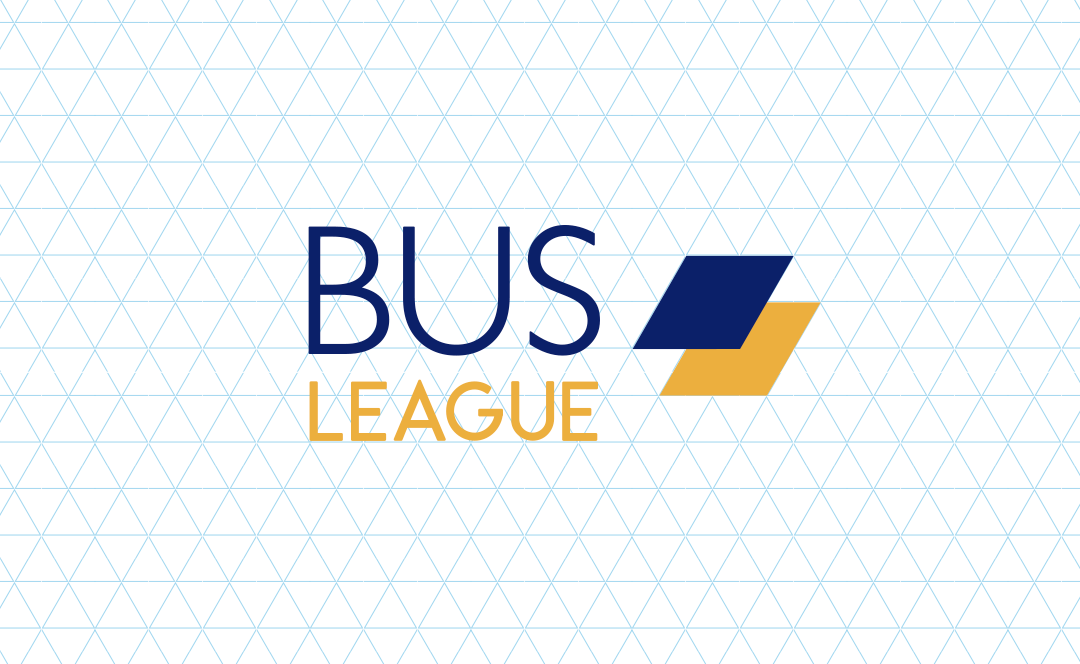
Call for Proposals
BUSLeague is an international project co-funded by the European Union’s Horizon 2020 framework programme for research and innovation (LC-SC3-2018-2019-2020 – Building a Low-Carbon, Climate Resilient Future: Secure, Clean, and Efficient Energy) under grant agreement No. 892894.
Duration
01/09/2020 – 28/02/2023
Total Eligible Costs
€ 999 980,00
Contact at IRI UL
Project Consortium
- STICHTING ISSO (NL-koordinator)
- UNIVERSITEIT TWENTE (NL)
- INOVACIJSKO-RAZVOJNI INŠTITUT UNIVERZE V LJUBLJANI (SI)
- ALLIANCE NAT VILLES INNOVATION EMPLOI ASSOCIATION (FR)
- SAS PRACTEE FORMATIONS (FR)
- FONDATSIYA TSENTAR ZA ENERGIYNA EFEKTIVNOST – ENEFEKT (BG)
- BULGARIAN CONSTRUCTION CHAMBER (BG)
- INSTITUTO VALENCIANO DE LA EDIFICACION (ES)
- WERKHAUS SLSCS (ES)
- LIMERICK INSTITUTE OF TECHNOLOGY (IE)
- IRISH GREEN BUILDING COUNCIL LIMITED BY GUARANTEE (IE)
- OSTERREICHISCHE ENERGIEAGENTUR AUSTRIAN ENERGY AGENCY (AT)
Key Challenges
Since 2010, the need to upskill the construction sector to deliver quality nearly zero-energy buildings (nZEB) and deep energy renovtions has been highlighted as one of the main challenges to the sector. Through the BUILD UP Skills initiative and the consequent Construction Skills projects under the Horizon 2020 program, major successes have been achieved. Examples include roadmaps for upskilling based on analysis of the status quo, initiation and continuation of National Qualification Platforms and development of qualification and training schemes. Despite these successes, the main challenge now is to act at market level and to support legislative changes that will stimulate the demand for energy skills. A significant remaining barrier related to this challenge is ‘how to motivate and upskill the majority of the workforce involved’ (blue-collar workers and white-collar experts).
Aim
Key aim of BUSLeague is stimulating demand for skills necessary for realisation of the transition into the sustainable society by improving and sustaining the energy efficiency of built environment. Simultaneously, BUSLeague aims to stimulate the supply side – key stakeholder groups – to actively engage with the developing system(s) for upskilling and skill recognition. Ultimately, BUSLeague aims to establish a system for upskilling and objective recognition of skills for workers and experts working in the construction sector that will address needs and expectations of both the supply and demand. This will be achieved by:
- Building ground and development of efficient tools for testing and recognition of Sustainable Energy Skills;
- Raising awareness on the benefits of Energy Skills and nZEB buildings among both the general public and the construction sector workforce;
- Supporting Public Authorities with developing progressive policies related to construction sector with the aim of creating a desirable market environment for the highly qualified workforce.
- Stimulating engagement and active inclusion of construction sector stakeholders into the developing system for upskilling and skill recognition;
- Integration of new technologies and new societal and technological trends in the development process of BUSLeague solutions, and indirectly, in the future development of the construction sector;
IRI UL’s contribution to BUSleague is bound to ethnographic research. Most significantly, we aim to provide new insights into the social, cultural and material realities of the construction sector. We are especially interested in ways how knowledge, education and work are experienced by professionals and key stakeholders working in the sector. Better understanding of everyday work-life processes of individuals, businesses and institutions working in construction, with special interest in education and training, will help BUSLeague consortium with developing solutions and dealing with challenges outlined above.
Key Objectives
Preko petih specifičnih kvalitativnih ciljev bo projekt BUSLeague:
- Provide and streamline access to skilled workforce (demand side) and make it attractive for companies and building owners alike, by providing recognition of energy skills and qualifications in the construction sector.
- Raise awareness and influence legislative changes that will stimulate and advance the demand for energy skills.
- Upscale use of successful training methods and techniques which have already been applied in previous EU and National initiatives such as BUILD UP Skills.
- Demonstrate increased demand for skills based on evidence of successful upskilling.
- Expand the BUSLeague solutions at national and EU-level by developing and implementing a communication and replication strategy.

